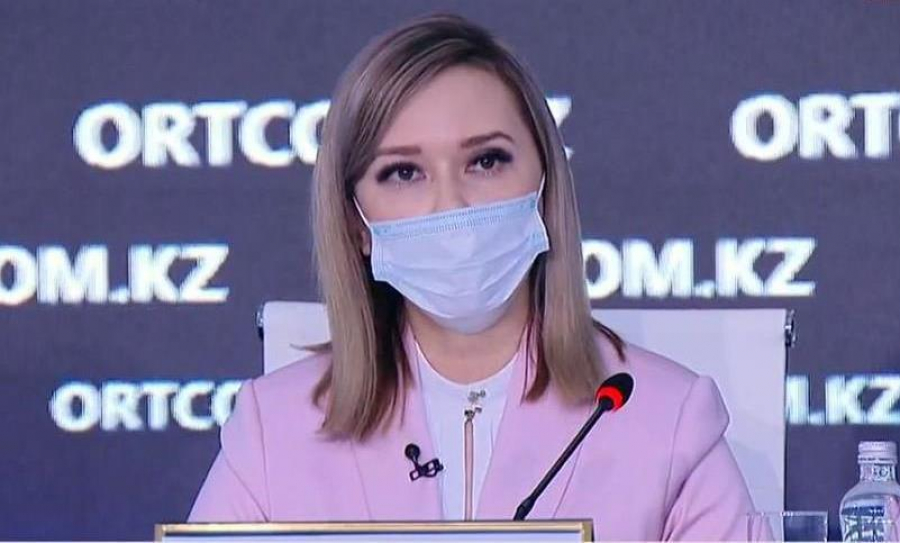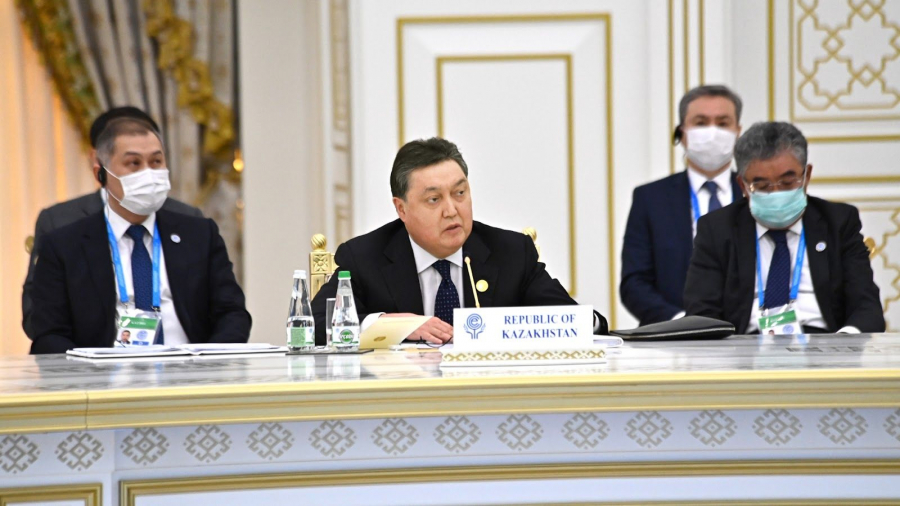
Kazakh President Kassym-Jomart Tokayev emphasized the need
to consider environmental matters and strike a balance between the growth of
the region’s economies and the climate agenda. The Head of State took part in
the international conference «Central Asia in the Face of Global Climate
Challenges» in Uzbekistan. Central Asia is one of the most vulnerable regions
on the planet. Temperatures in the region are rising at twice the global
average, leading to the melting of glaciers, desertification, and increasing
water shortages. This can only be prevented through collective action, meaning
that the Central Asian countries must strengthen cooperation.
«Water is a growing challenge for our region in at least two
ways. Water availability per capita has declined by 30% in the last 20 years.
At the same time, 70% of regional water resources are transboundary. That’s why
we need the support of the international community on water-saving
technologies, smart irrigation, and hydrological monitoring. We promote the
long-standing idea of establishing a Central Asian Water-Energy Partnership,» Tokayev
said.
Kazakhstan views the green transition as a strategic
priority, with significant attention given to renewable energy, as noted by the
Head of State. The country, which produces around 40% of the world’s uranium,
is also planning to build its first nuclear power plant to enhance energy
security and reduce emissions. Additionally, President Tokayev highlighted the
vast potential for carbon farming and ecosystem restoration in Kazakhstan’s
expansive steppes. To preserve biodiversity and endangered species, he announced
the decision to establish in Kazakhstan an International Biodiversity Fund
under the President.









